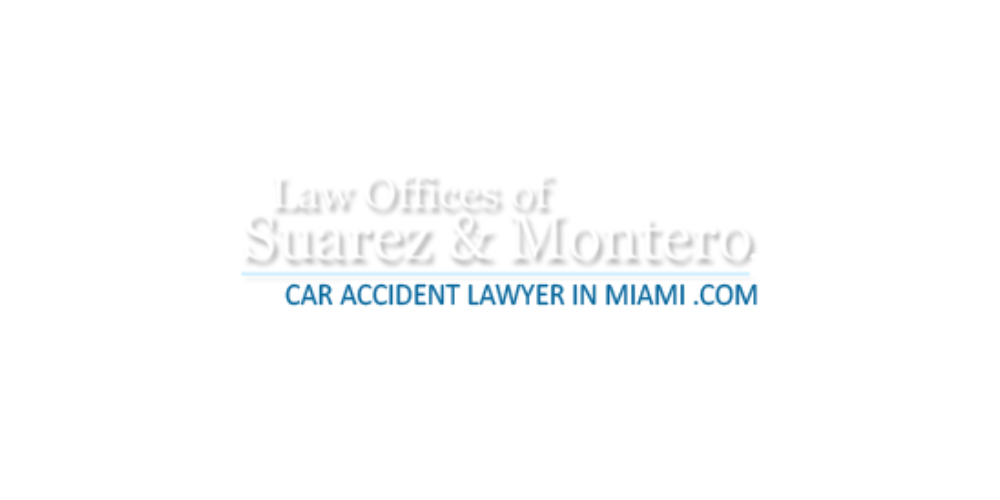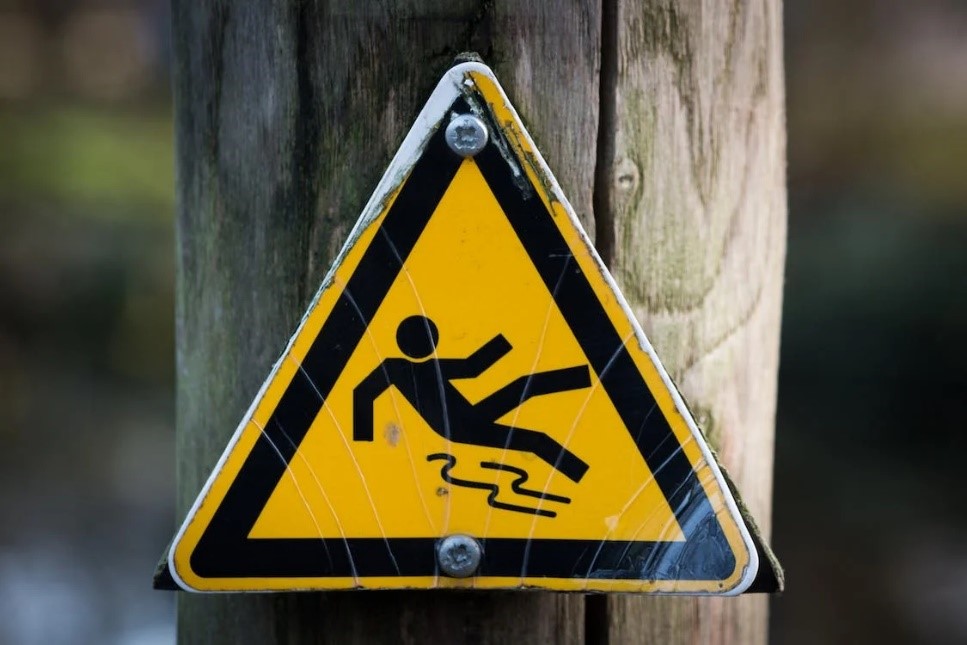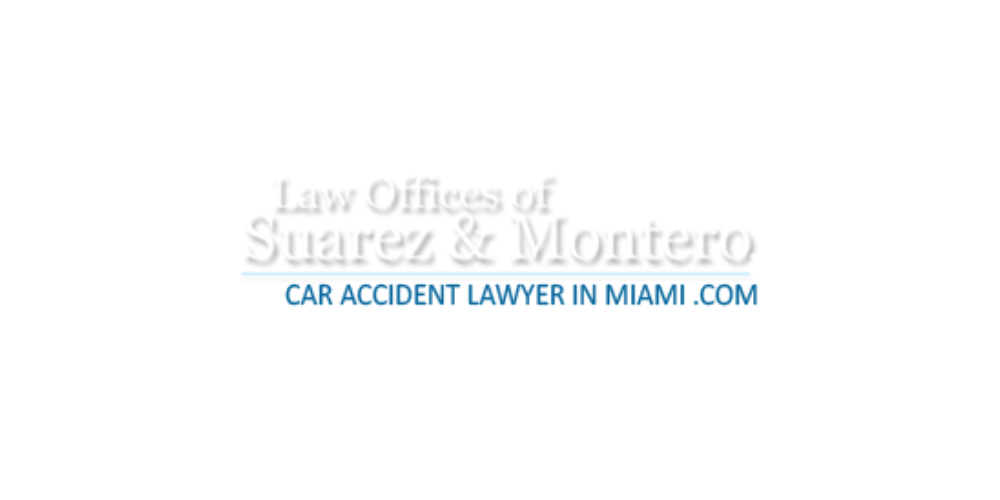
How Building Code Violations Can Help Your Slip and Fall Case
Every year, hundreds of thousands of individuals suffer serious injuries in accidents that occur on public and private property. In many of these cases, problems with premises liability arise concerning the building’s design, construction and compliance with complex local, state and national building codes. A careful investigation into a property owner’s practices regarding inspection and maintenance is necessary.
Showing that a property is subject to violations of Florida’s Building Code can be useful in establishing an owner’s negligence. In Florida, there are three separate legal systems that govern building standards. One consists of local municipal housing codes that dictate the maintenance and services a landlord must provide to rental properties. The second consists of state building codes that mandate standards that must be adhered to. The third is local fire code, which requires buildings to be formatted in a certain way to prevent accidents and ensure adequate fire response and evacuation.
Local housing code: sets forth a series of rules that govern the minimum standards a rental must meet in order to be leased by a tenant. The housing code also mandates when a landlord must act to fix an issue that has arisen when the tenant is already living on the premises. When a landlord violates the housing code, the tenant can report the landlord to the local housing code authorities. Though the process varies by city in Florida, generally, an enforcement officer will investigate the issue at the property by interviewing the tenant and taking photographs and notes. The enforcement officer will then issue a complaint letter to the landlord, stating that the tenant made a complaint about a housing code violation, the complaint was found to be valid, and the landlord has a certain number of days to remedy the problem or face fines.
State building code: oversees buildings that are being constructed. Rules vary based on the type of use intended. For instance, building code for public schools is much stricter and more involved than building code for private dwellings. The Florida Building Code is revised and released each year and dictates minimum standards that must be met before a building can be approved for use. Buildings must be periodically inspected and receive a passing score to remain in operation. Again, if an issue arises, the property owner must fix it within a certain period of time or face fines or shut down.
Fire code: similar to building code, dictates proper fire response equipment and accessibility. For instance, all multilevel buildings with elevators must have a set of emergency stairs for evacuation and a sprinkler or hose system installed for fighting fires. All apartments must be equipped with a fire extinguisher provided by the landlord. Large commercial buildings and high-rise residences must be inspected by the fire department annually for certification, including fire drills.
If a property owner violates any of the above codes, he or she may face fines or shut down by the government. However, you can also use this violation as evidence of negligence. Violation of housing, building, or fire codes is often associated with failure to properly maintain premises or adequately fix a dangerous condition or defect. A violation of code can strengthen your case by showing that the property owner was aware of a defect so serious that it violated code yet did nothing to remedy the dangerous problem. Owners who take no reasonable steps to ensure the safety of invitees by maintaining premises or correcting code violations that arise are liable for negligence should an accident occur.
After any type of slip and fall, you should consider talking to a personal injury lawyer to learn what your rights and obligations are under the law. Let the personal injury attorneys at Suarez & Montero review the circumstances of your case and discuss your legal options. Our attorneys are ready to provide proven legal representation in pursuing your claim and stand ready to protect your rights.
Contact us today at 786 Lawyers for a FREE Consultation!





